A presentation on medieval textile design_____________________________________________________________________________________
Slide 1
Investigating the effects of power, status and wealth on textile design
Dark Ages:400-1000
Early Gothic 1000-1200
Late Gothic 1200-1400
Renaissance 1450-1600
_____________________________________________________________________________________
Slide 2
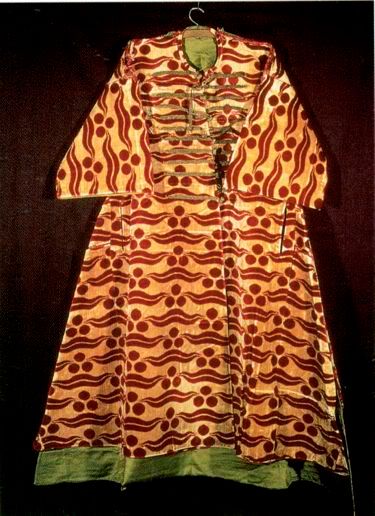
Imperial Ottoman silk velvet kaftan associated with Sultan Mahmet II, the Conquerer (1451-1481)
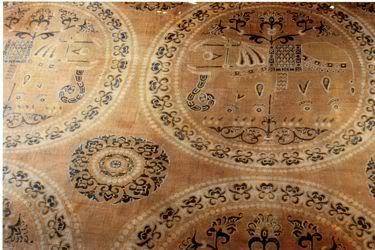
Elephant silk C11 1st 1/2
_____________________________________________________________________________________
Slide 3
Bayeux Tapestry
-Created shortly after Battle of Hastings
and Norman conquest
-79 scenes accompanied by Latin
Inscriptions & showing battle scenes
-600 figures, 700 animals with scenes
of farming, cooking, feasting, boat-building,
and hunting
-Many levels of society and is an excellent source for costume, furnishings and buildings
-260 feet long by 28 inches high
-Not a true tapestry – two kinds of embroidery
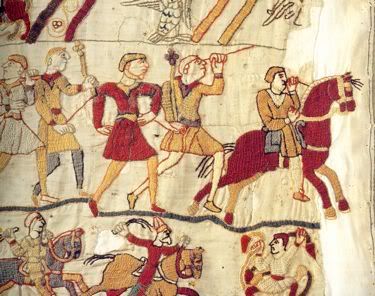
_____________________________________________________________________________________
Slide 4
Decline in wealth and civilisation: society is unstable
Most decorated textiles are ecclesiastical
Belief in the coming of Christ/end of the world
_____________________________________________________________________________________
Slide 5: Effects of Crusade on textiles
Left: Chuasuble, England, 1330-1380, Metropolitan Museum of Art
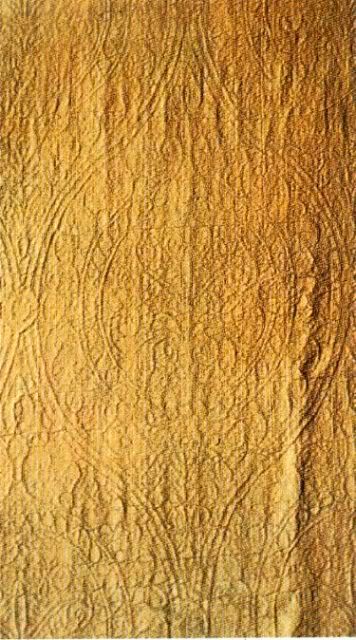
Right: Chasuble of Archbishop Willingis of Mainz 1000-1100
_____________________________________________________________________________________
Slide 6
Growing personal wealth and the rise of ornamentation
Madonna and Child Enthroned , 1396, Museo Civico Correr, Venice
Woven silk, Spain, 1300s
_____________________________________________________________________________________
Slide 7: Case Study: Venice
Doge of Venice , 1457-1470s
Sermon of Saint Steven , Carpaccio, 1540, Louvre
_____________________________________________________________________________________
Slide 8: Venice and the east
Sultan Mehmet II , Bellini, 1480, National Gallery of London
Sultan’s Favorite , from a costume book, 1590
_____________________________________________________________________________________
Slide 9: Personal wealth, pattern, and fashion
Ladies weaving, Flemish 1490
_____________________________________________________________________________________
Slide 10: Northern Europe - Fashion without pattern. Imitation
_____________________________________________________________________________________
Slide 11: Patterns in Renaissance Textile
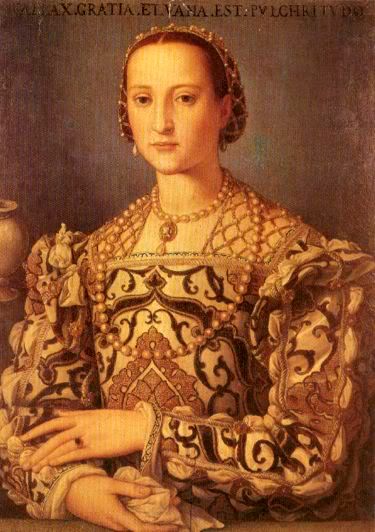
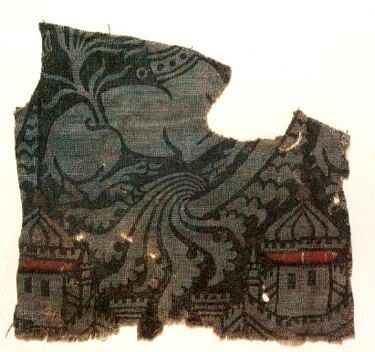
_____________________________________________________________________________________
Slide 12: Renaissance Motifs
_____________________________________________________________________________________
Slide 13:
_____________________________________________________________________________________
Slide 14: Case Study: The Hunt of the Unicorn, ca 1500
Metropolitan Museum of Art, Cloisters Collection
_____________________________________________________________________________________
Slide 15: Tapestry
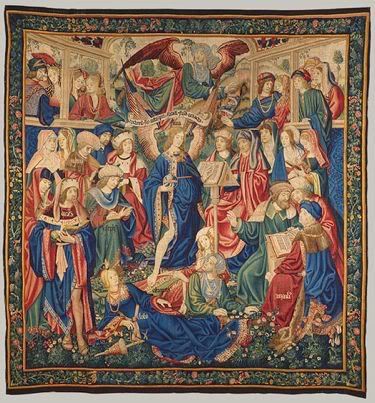
The Triumph of Fame , 1502, Metropolitan Museum of Art
The Drowning of Britomartis



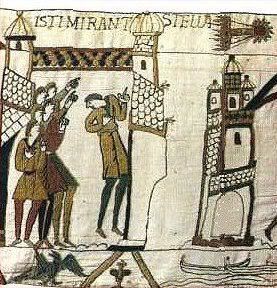
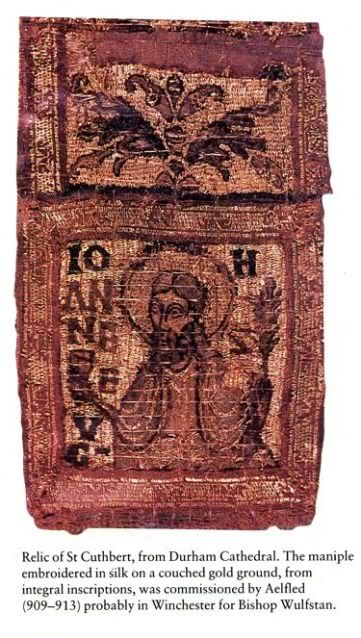
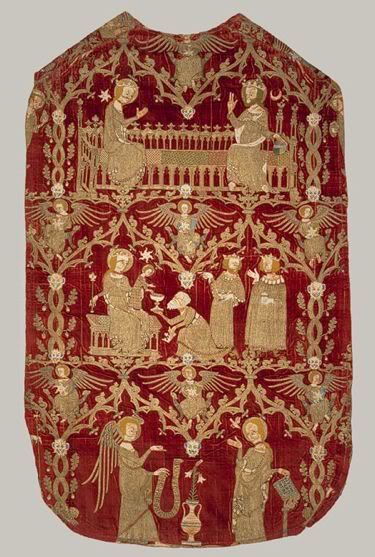

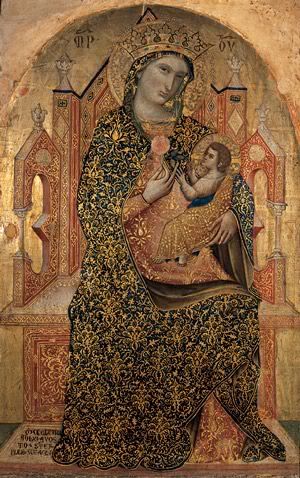
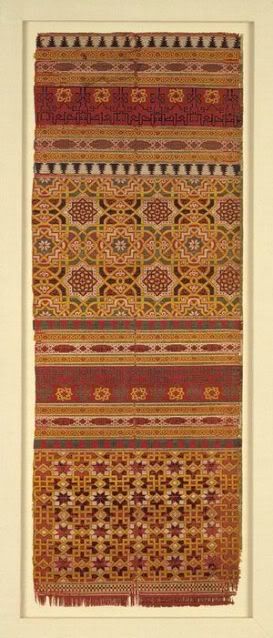
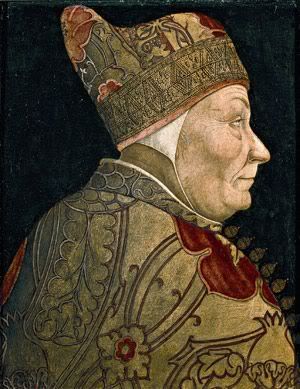
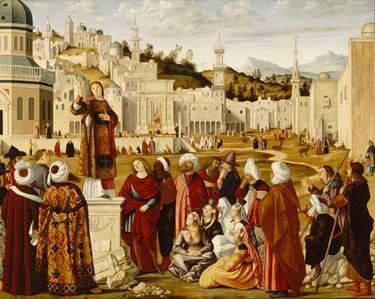
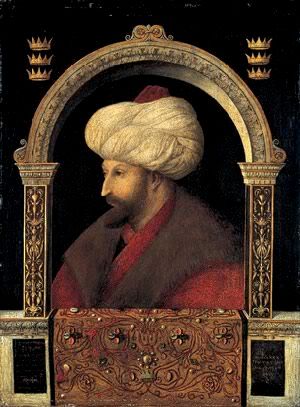
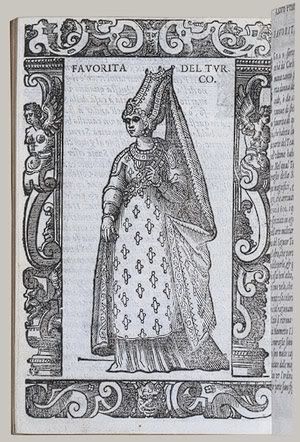
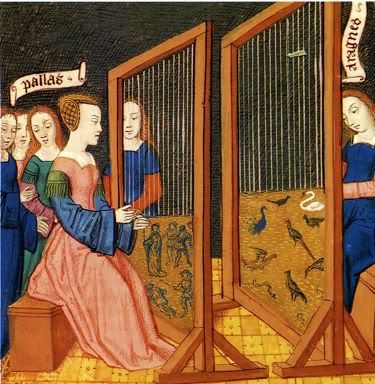
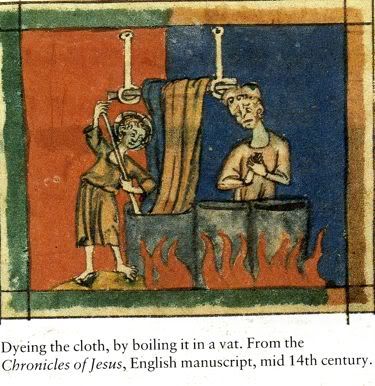
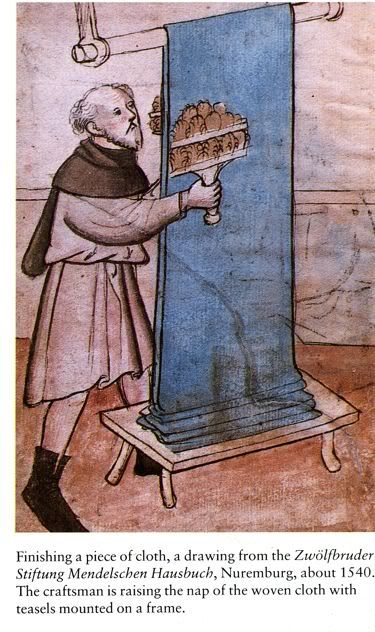
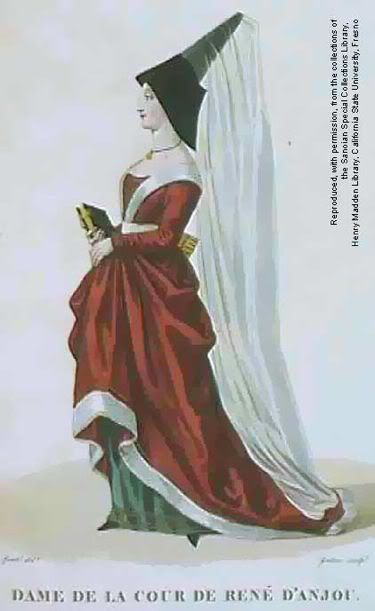
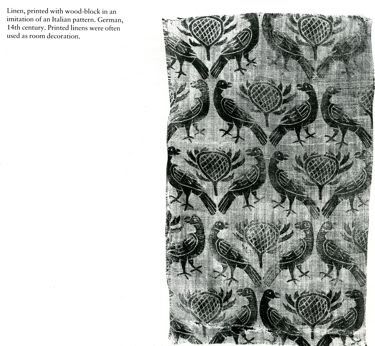


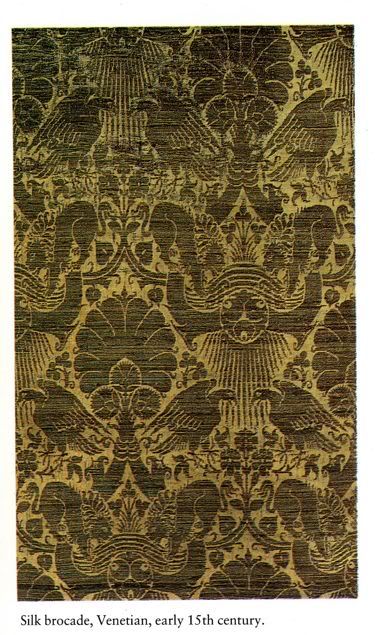
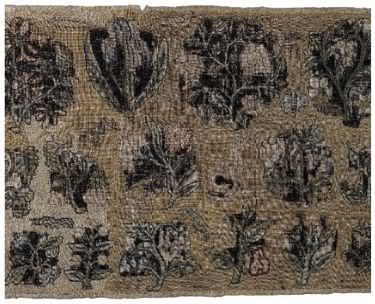
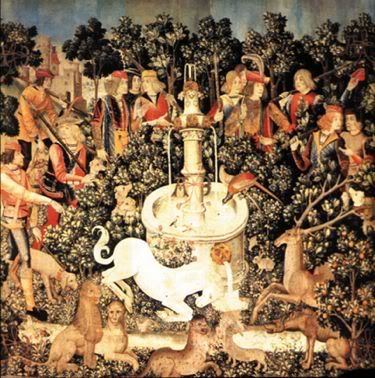
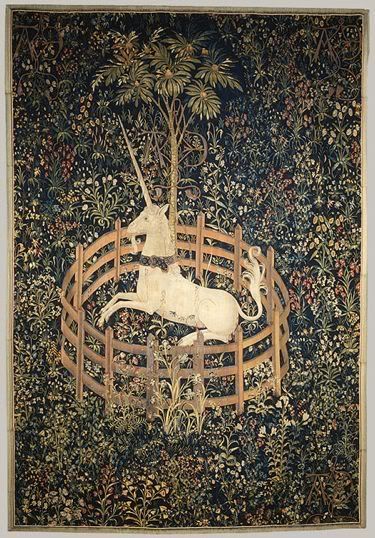

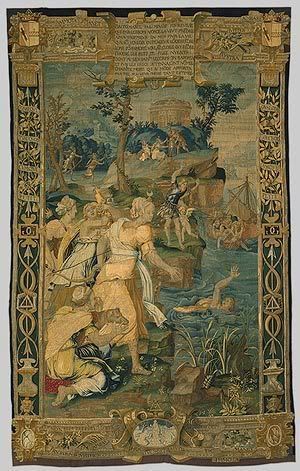
No comments:
Post a Comment